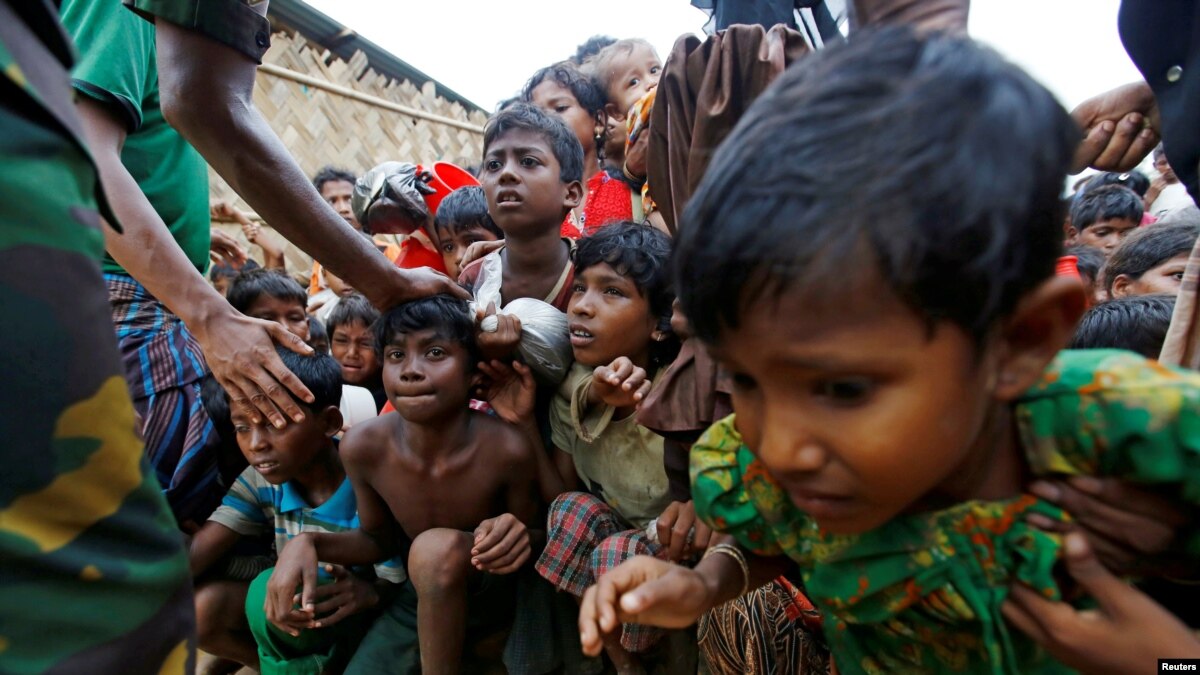
Aid agencies are reinforcing shelters, moving latrines and providing search and rescue training in the world's biggest refugee settlement in Bangladesh before monsoon rains strike in April, bringing deadly landslides and floods.
The United Nations migration agency warned that flash floods could wash away fragile shelters, housing about 100,000 refugees and local families, in congested camps in Cox's Bazar providing sanctuary for Rohingya who have fled neighboring Myanmar.
"The message on this has to be really clear: we cannot keep everyone safe," Fiona MacGregor, a spokeswoman for the International Organization for Migration (IOM), told the Thomson Reuters Foundation by phone on Tuesday from Cox's Bazar.
She warned of a "real possibility" that the approaching monsoon rains would lead to deaths in the camps, with thousands more refugees at risk from disease and aid shortages if flooding cuts off access to parts of the settlement.
Nearly 700,000 Rohingya have crossed into Bangladesh since violence flared in August and live on slopes that will quickly turn to mud when the cyclone season hits, IOM said.
Natural defenses such as trees and other vegetation have been stripped to make room for shelters in Cox's Bazar, which is home to more than 900,000 Rohingyas, it said.
Shelters constructed from tarpaulin and bamboo are being strengthened with additional coverings, ropes and sandbags to make them more resilient, said MacGregor.
"One of the big problems we have here are quite a lot of people have dug their shelters at 90-degree angles at the slopes so these are the ones at risk of coming crashing down," said MacGregor.
Aid agencies are providing machinery to keep roads clear to allow food and medicine to get through, setting up emergency medical centers and moving latrines to higher ground to prevent floods spreading disease, she said.
"The risk of things like diarrhea, dysentery, mosquito-borne diseases like dengue, malaria, and others are going to be a huge risk to the population," Tony Stewart of the World Health Organization in Cox's Bazar said in a statement.
Some 650 local people and refugees are also being trained in search and rescue by the IOM and Bangladesh's fire service and civil protection department.
Aid workers have criticized plans to move some Rohingya from the overcrowded camps to an uninhabited island about 30 km (21 miles) from the mainland, saying that it is vulnerable to cyclones.
Read More 'We Cannot Keep Everyone Safe,' UN Warns as Rohingya Brace for Monsoon : http://ift.tt/2oAxMy9
No comments:
Post a Comment